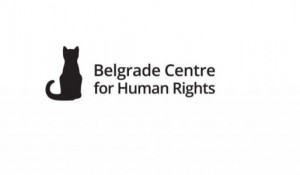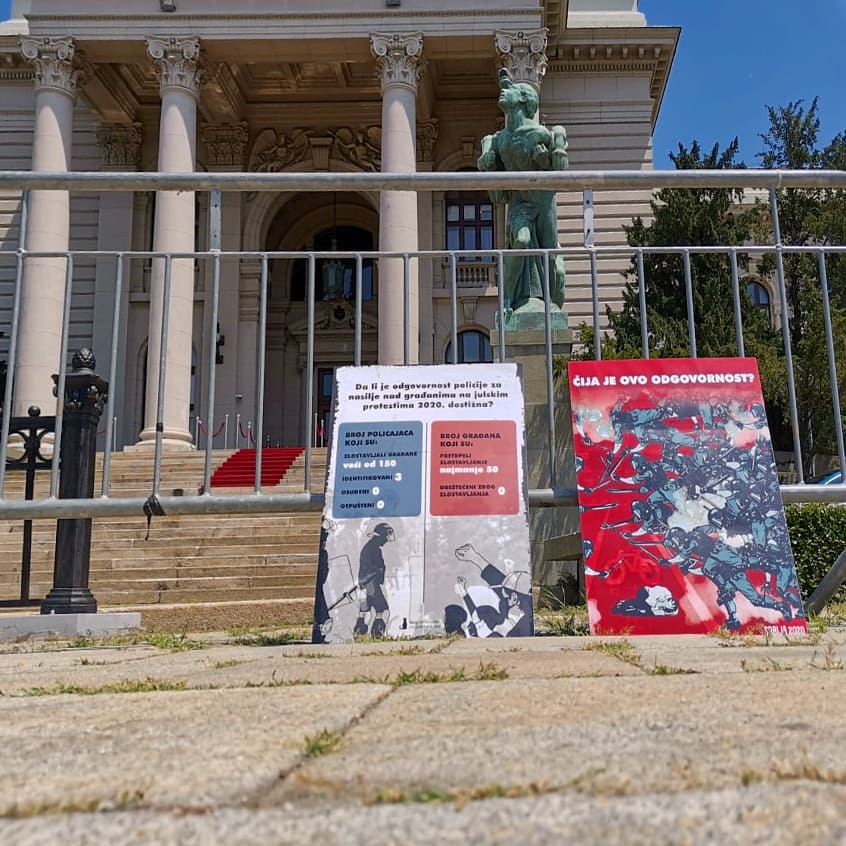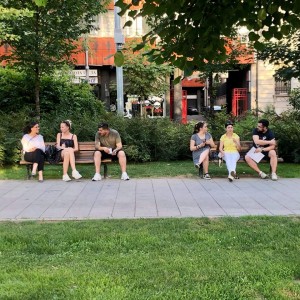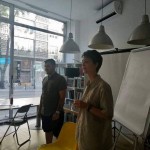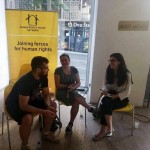Press Release: Situation in Afghanistan and expected new refugee wave
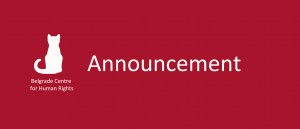 With regard to the ongoing developments in Afghanistan, the Belgrade Centre for Human Rights notes that people from Afghanistan account for most migrants on the Balkan Route and that the situation in this country will very likely give rise to a new influx of refugee in the coming months. The United Nations High Commissioner for Refugees (UNHCR) estimates that over 550,000 Afghans have been internally displaced by conflict within the country since the beginning of 2021, including 126,000 new IDPs between 7 July 2021 and 9 August 2021.
With regard to the ongoing developments in Afghanistan, the Belgrade Centre for Human Rights notes that people from Afghanistan account for most migrants on the Balkan Route and that the situation in this country will very likely give rise to a new influx of refugee in the coming months. The United Nations High Commissioner for Refugees (UNHCR) estimates that over 550,000 Afghans have been internally displaced by conflict within the country since the beginning of 2021, including 126,000 new IDPs between 7 July 2021 and 9 August 2021.
Given the decades long hostilities, legal uncertainty and human rights violations in Afghanistan, parts of the population of this state have for decades been in need of international protection. The Serbian Commissariat for Refugees and Migration (CRM) data 1 show that Afghan nationals account for most of the residents of state centres providing accommodation to migrants and refugees. CRM statistics* indicate that 22,000 Afghan nationals passed through Serbia in 2020 and that another 8,500 of them passed through its territory since the beginning of the year. According to data available to the BCHR, a total of 181,065 Afghans expressed the intention to seek asylum in Serbia in the 2012-2020 period and 300 of them applied for asylum in the 2016-2019 period. A total of 17 people from Afghanistan were granted refugee status and another eight subsidiary protection in Serbia in the 2016-2020 period. Serbia upheld a total of 194 asylum applications in the 2008-2020 period.
UNHCR has been monitoring the situation on the ground, where the security and human rights situation has been rapidly deteriorating in large parts of Afghanistan after the withdrawal of international troops from that state, and the upsurge of violence has had serious impact on civilians, including women and children and has called on all states to allow civilians fleeing Afghanistan access to their territories and to ensure respect for the principle of non-refoulement at all times. UNHCR noted the imperative to ensure that the right to seek asylum was not compromised, that borders were kept open and that people in need of international protection were not consigned to areas inside their country of origin that could potentially be dangerous. UNHCR called on States to suspend the forcible return of nationals and former habitual residents of Afghanistan, including those who have had their asylum claims rejected. It said that a moratorium on forced returns to Afghanistan would need to stay in place until the situation in the country has stabilised, pending an assessment of when the changed situation in the country would permit return in safety and dignity.
The BCHR appeals to all the relevant authorities in Serbia to bear UNHCR’s recommendations and the current situation in Afghanistan in mind when ruling on asylum applications filed by individuals from Afghanistan.
UNHCR’s Position on Returns to Afghanistan is available at: https://www.refworld.org/pdfid/611a4c5c4.pdf
————-
*Radio Free Europe, Balkan Route Countries Readying for Refugees Fleeing the Taliban, 17 August 2021, available in
Serbian at: https://www.slobodnaevropa.org/a/avganistan-talibani-izbeglice-balkan/31414941.html.







